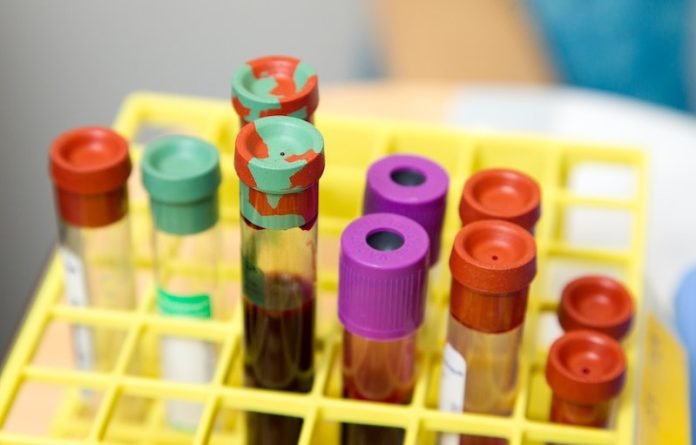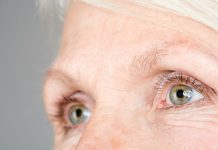
Heart disease, a term that refers to a vast number of complex conditions, is most frequently used to define atherosclerosis.
The condition is a leading cause of death in Western countries and is marked by arterial deposits of plaque, which is composed of cholesterol, fatty material, calcium deposits, and a motley collection of biological debris.
Over time, plaque not only hardens but causes afflicted arteries to narrow, limiting the free flow of oxygen-rich blood.
The Lipid Hypothesis, which continues to hold sway, is also known as the Cholesterol Hypothesis.
It suggests that a high level of cholesterol is the cause of atherosclerosis or coronary artery disease.
But it is not the entire story of how plaque forms and narrowed arteries set the stage for heart attack and stroke.
In a recent study from New York University, scientists found that platelets are the trigger of an artery-damaging inflammatory response.
Platelets are tiny, sticky cellular fragments whose key function is to aid the formation of blood clots. In injuries that cause bleeding, platelets are necessary to clot blood at the wound site.
In the study, researchers examined the role of platelets in the development of atherosclerosis.
They found that platelets have functions beyond those involved in preventing severe bleeding. These sticky little fragments play a big role in inflammation and plaque.
They say activated platelets locally release a host of inflammatory mediators that support the chemotaxis, adhesion, and transmigration of leukocytes to sites of inflammation.
Chemotaxis refers to the movement of leukocytes into areas of the vessel with high inflammation.
They also found that platelets have an influence on a protein known as SOCS3.
And platelet regulation of myeloid SOCS3, the team discovered, accelerates the development of atherosclerosis.
Although platelets are crucial to the development of atherosclerosis, they are not necessarily part of thrombosis—forming clots in arteries.
The findings define an atherogenic role of platelets and highlight how, in the absence of thrombosis, platelets contribute to inflammation.
The researchers also discovered that among women who had heart attacks, there was an increase in the SOCS3 protein and a concomitant increase in monocyte-platelet aggregates.
The second group of patients with atherosclerosis in vessels in their legs also showed evidence of elevated SOCS3 proteins, elevated platelet activity, and inflammation.
These data provided a causative link between platelet-mediated myeloid inflammation and dysfunction, SOCS3 and heart disease.
If you care about inflammation, please read studies about vitamin D deficiency linked to chronic inflammation, and vitamin B may help reduce inflammation and fight COVID-19.
For more information about inflammation, please see recent studies about new way to halt excessive inflammation, and results showing this diet may help reduce inflammation in COVID-19.
The research was published in Science Translational Medicine and conducted by Drs. Tessa Barrett et al.
Copyright © 2022 Knowridge Science Report. All rights reserved.



